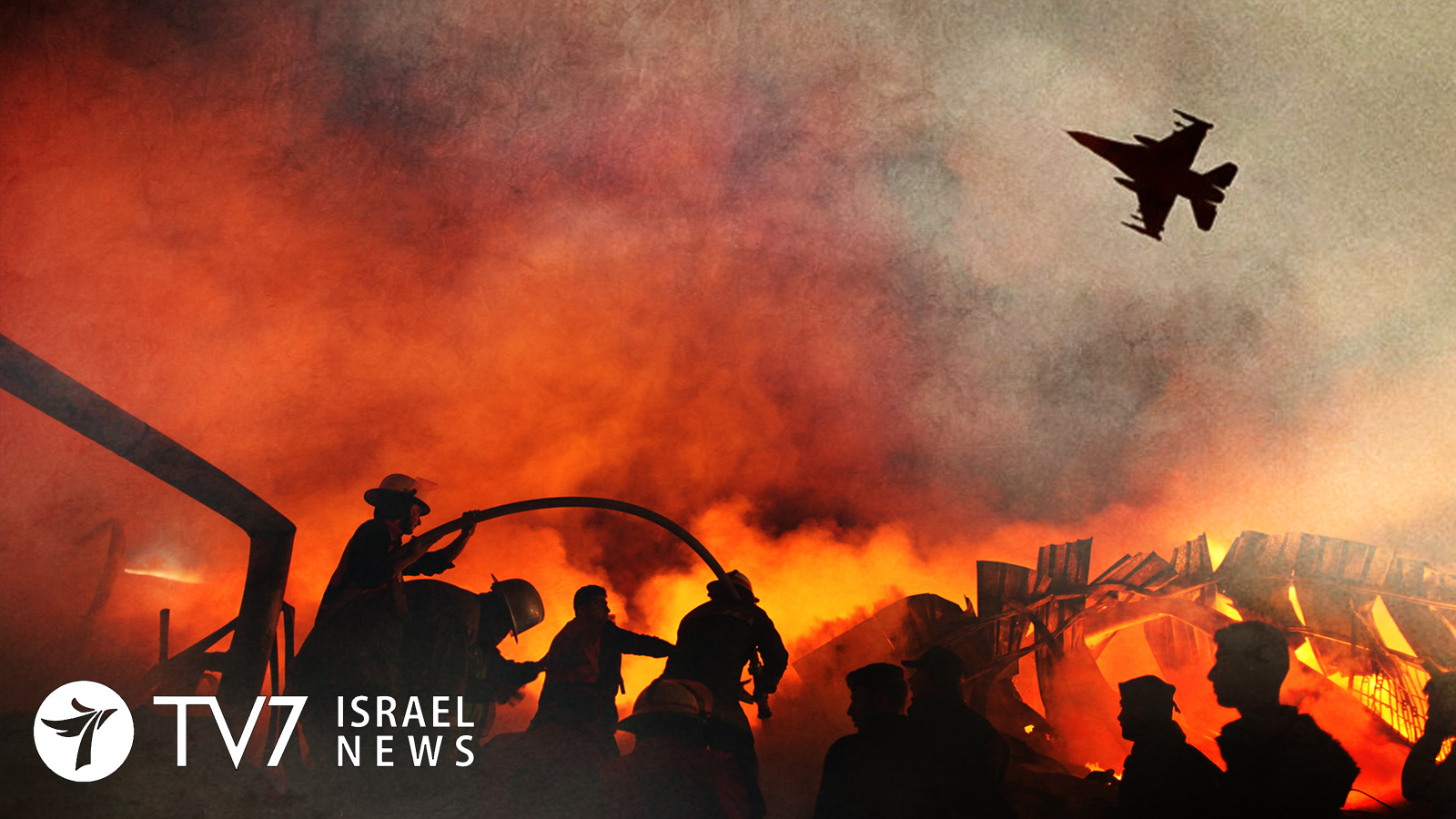An overnight U.S. air strike in Baghdad killed Iranian Major-General Qassem Soleimani to prevent what top defense officials said was an “imminent attack” that would have endangered Americans in the Middle East. As commander of the elite Quds Force of the Islamic Revolutionary Guards Corps (IRGC), Soleimani was the second most powerful man in Iran after only Supreme Leader Ayatollah Ali Khamenei.
Washington has designated the Quds Force as a Foreign Terrorist Organization. The Department of Defense issued an official statement in which it stressed that “the U.S. military has taken decisive defensive action to protect U.S. personnel abroad by killing Qasem Soleimani,” who it accused of “actively developing plans to attack American diplomats and service members in Iraq and throughout the region.” According to the statement, the strike came “”At the direction” of President Donald Trump, and was “aimed at deterring future Iranian attack plans,” underscoring that “The United States will continue to take all necessary action to protect our people and our interests wherever they are around the world.”
The Pentagon also claimed that “General Soleimani and his Quds Force were responsible for the deaths of hundreds of U.S. and coalition service members and the wounding of thousands more.”
Iraqi officials said the U.S. strike also killed Abu Mahdi al-Muhandis, who was the Deputy Commander of the Iran-backed umbrella organization of militias known as the Popular Mobilization Forces (PMF).
Defense Secretary Mark Esper tweeted, “To Iran & its proxy militias: we will not accept continued attacks against our personnel & forces in the region. Attacks against us will be met w/ responses in the time, manner, & place of our choosing. We urge the Iranian regime to end malign activities.”
The development marks a dramatic escalation in the Iran-U.S. conflict in the Middle East, likely to intensify the shadow war between the two countries and their allies. The U.S. Embassy in Baghdad issued an advisory calling on all American citizens to depart Iraq immediately. According to U.S. officials speaking on condition of anonymity, Washington is deploying 3,000 U.S. troops will be sent to the Middle East from the 82nd Airborne Division in addition to the 750 sent to Kuwait earlier this week, as an added precaution amid rising threats to American forces in the region. Earlier this week, hundreds of Iranian-backed Iraqi militiamen and their supporters set fires and hurled stones at the United States Embassy in Baghdad for two consecutive day,s while U.S. security forces fired tear gas and stun grenades to drive them away. The unprecedented attack on an American diplomatic mission in the country was ignited on Tuesday (December 31), when angry mobs torched a security post the entrance, but failed to breach the main compound.
Soleimani’s influence was spread throughout the region, most particularly in Iraq, Lebanon and Syria. Lebanon’s powerful Hezbollah said punishing his killers was now the responsibility of all fighters — that his work would be carried on. In Syria, his forces intervened in the chaos of the Iraqi war and to prevent the toppling of Bashar al-Assad in Syria.
Soleimani helped Iran foster regional alliances as it came under pressure from U.S. sanctions. He fought in Iran’s war with Iraq in the 1980s, before rising rapidly through the Quds Force ranks. He leaves behind multiple forces and paramilitary proxies that possess ample resources means to respond to his death – accompanied by vast reach.
Three days of official mourning were declared in the Islamic Republic in a televised by the tearful spokesman of the Quds Force spokesman. Revenge is seen as a question of not if, but when and where — with many expecting Iran to respond forcefully albeit perhaps not immediately.
Iran’s Supreme National Security Council held an emergency session today, after which it issued a brief statement saying that it concluded the U.S. “is responsible for all consequences of this criminal adventure.” The Council said it had decided upon retaliation for Soleimani’s assassination, but declined to specify what it would be or when it would be carried out. The body is responsible for formulation of the Islamic Republic’s nuclear and military strategies.
Nevertheless, all state matters are ultimately decided exclusively by Supreme Leader Ayatollah Ali Khamenei, who has reportedly called for a jihad Islamic holy war in “crushing revenge” against “Soleimani’s killers,” vowing that his death will only double Tehran’s motivation to retaliate against both the U.S. and Israel.
Iranian Foreign Minister Mohammad Javad Zarif tweeted in all capital letters, in an apparent effort to emphasize outrage. He blatantly accused the U.S. of committing “INTERNATIONAL TERRORISM” and an “EXTREMELY DANGEROUS & A FOOLISH ESCALATION,” before warning that “THE US BEARS RESPONSIBILITY FOR ALL CONSEQUENCES OF ITS ROGUE ADVENTURISM.”
